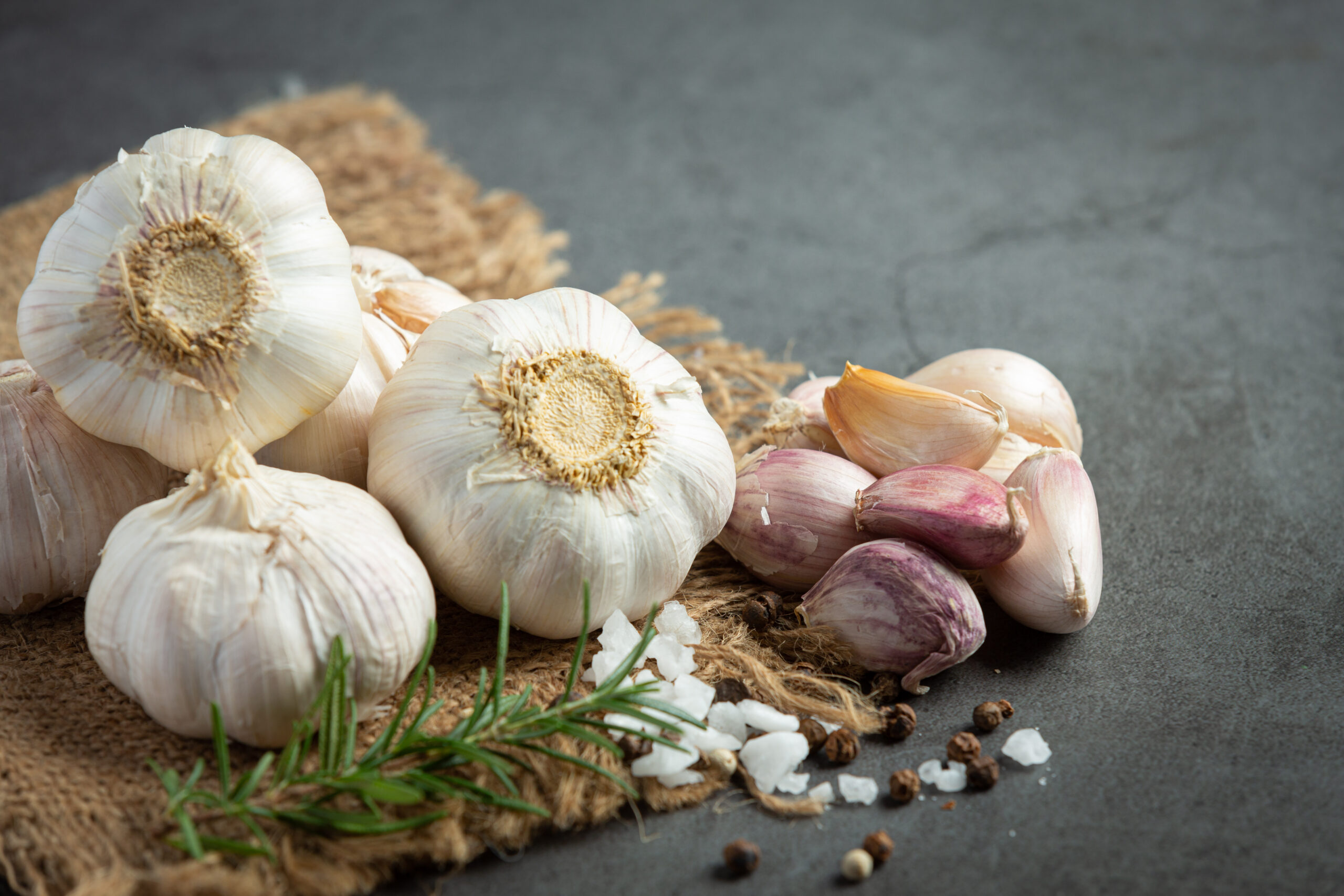Today, we will explore the many Carrot Benefits, a versatile and nutritious vegetable that has been a staple in diets worldwide for centuries.
Known for their vibrant orange color and sweet, crunchy texture, carrots are not only delicious but also packed with essential nutrients that promote overall health.
Whether you enjoy them raw, cooked, or juiced, adding carrots to your diet can have a profound impact on your well-being.
Let’s delve into the details of why carrots are such a valuable addition to your daily meals.
Nutritional Profile
Carrots Benefits are rich in a variety of essential nutrients.
They are especially high in vitamins, minerals, and antioxidants. Here is a breakdown of the key nutrients found in carrots:
- Vitamin A: One medium-sized carrot provides more than 200% of your daily requirement of vitamin A. This vitamin is crucial for good vision, a healthy immune system, and proper skin health.
- Beta-carotene: This antioxidant gives carrots their orange color and is converted by the body into vitamin A.
- Vitamin C: Important for immune function and skin health.
- Vitamin K: Essential for bone health and blood clotting.
- Potassium: Helps regulate blood pressure.
- Fiber: Aids in digestion and helps maintain a healthy weight.
Eye Health
Carrots Benefits are perhaps best known for their positive effects on vision.
The high levels of beta-carotene, which the body converts into vitamin A, are crucial for maintaining good eyesight.
Here are some specific ways carrots benefit your eyes:
- Improved Night Vision: Vitamin A helps your eyes adjust to low-light conditions, preventing night blindness.
- Reduced Risk of Age-Related Eye Diseases: Regular consumption of carrots can lower the risk of macular degeneration and cataracts, which are common in older adults.
Boosts Immunity
Carrots are packed with antioxidants like vitamin C and beta-carotene, which help boost your immune system.
These antioxidants protect your body from free radicals, harmful molecules that can damage cells and contribute to disease.
By including carrots in your diet, you can help your body fight off infections and stay healthy.
Supports Heart Health
Eating carrots can have several benefits for your heart.
They are high in dietary fiber, which helps reduce bad cholesterol levels. Lower cholesterol means a reduced risk of heart disease.
Additionally, the potassium in carrots helps regulate blood pressure, another key factor in maintaining heart health.
Aids in Digestion
Carrots are high in dietary fiber, which is essential for good digestion.
Fiber helps keep your bowel movements regular and prevents constipation.
By improving digestion, carrots help your body absorb more nutrients from the food you eat. This leads to better overall health and a more efficient digestive system.
Promotes Healthy Skin
The vitamins and antioxidants in carrots are also beneficial for your skin.
Vitamin A and antioxidants protect your skin from sun damage and help prevent premature wrinkles and dry skin.
Eating carrots can give your skin a healthy glow and keep it looking young and vibrant.
Helps in Weight Management
Carrots are low in calories and high in fiber, making them an excellent food for those trying to manage their weight.
The fiber in carrots helps you feel full longer, reducing the urge to snack between meals.
Including carrots in your diet can help you maintain a healthy weight and support your weight loss goals.
May Reduce Cancer Risk
Some studies suggest that the antioxidants in carrots may help reduce the risk of certain types of cancer.
The beta-carotene in carrots has been linked to a lower risk of lung cancer.
Other compounds in carrots may also help protect against breast and colon cancer.
While more research is needed, adding carrots to your diet could be a simple way to lower cancer risk.
Versatility in Cooking
One of the best things about carrots is their versatility.
They can be enjoyed in many different ways, making it easy to include them in your diet.
Here are some ideas for incorporating carrots into your meals:
- Raw: Carrots make a great snack on their own or dipped in hummus or yogurt.
- Salads: Add grated or sliced carrots to your favorite salad for extra crunch and nutrition.
- Soups and Stews: Carrots add sweetness and texture to soups and stews.
- Roasted: Roast carrots with a little olive oil and your favorite herbs for a delicious side dish.
- Juices and Smoothies: Blend carrots with other fruits and vegetables for a nutrient-packed drink.
- Baked Goods: Carrots can be used in baking, such as in carrot cakes and muffins, adding natural sweetness and moisture.
Carrots in History and Culture
Carrots have a long history and have been cultivated for thousands of years.
Originally grown in Persia and Afghanistan, the first carrots were purple, red, yellow, and white.
It wasn’t until the 17th century that the familiar orange carrot was developed in the Netherlands.
This new variety quickly spread across Europe and eventually to the rest of the world.
In many cultures, Carrot Benefits are not just a food but also a symbol of good health and prosperity.
For example, in Chinese culture, red and orange foods like carrots are often associated with good luck and are frequently included in festive meals.
Growing Your Own Carrots
Growing carrots in your garden is relatively easy and can be a rewarding experience. Here are some tips for successfully growing carrots:
- Soil Preparation: Carrots grow best in loose, sandy soil that is free of stones. This allows the roots to grow straight and long.
- Planting: Carrot seeds should be planted directly in the garden. Sow the seeds in rows and cover them lightly with soil.
- Watering: Keep the soil moist but not waterlogged. Carrots need consistent moisture to grow well.
- Thinning: Once the seedlings are a few inches tall, thin them out so that the remaining plants have enough space to grow. This will ensure that your carrots are not overcrowded.
- Harvesting: Carrot Benefits are usually ready to harvest 70-80 days after planting. Gently pull them out of the soil when they reach the desired size.
Growing your own Carrot Benefits can provide you with fresh, nutritious vegetables right from your garden.
It’s also a fun activity that can be enjoyed by the whole family.
Fun Facts About Carrots
- Colors: While orange is the most common color, carrots also come in purple, red, yellow, and white varieties.
- Size: Carrots can range in size from a few inches to over three feet long.
- World Record: The longest carrot ever recorded was over 20 feet long!
- Taste: Carrots get their sweetness from natural sugars. The sweeter the carrot, the higher the sugar content.










